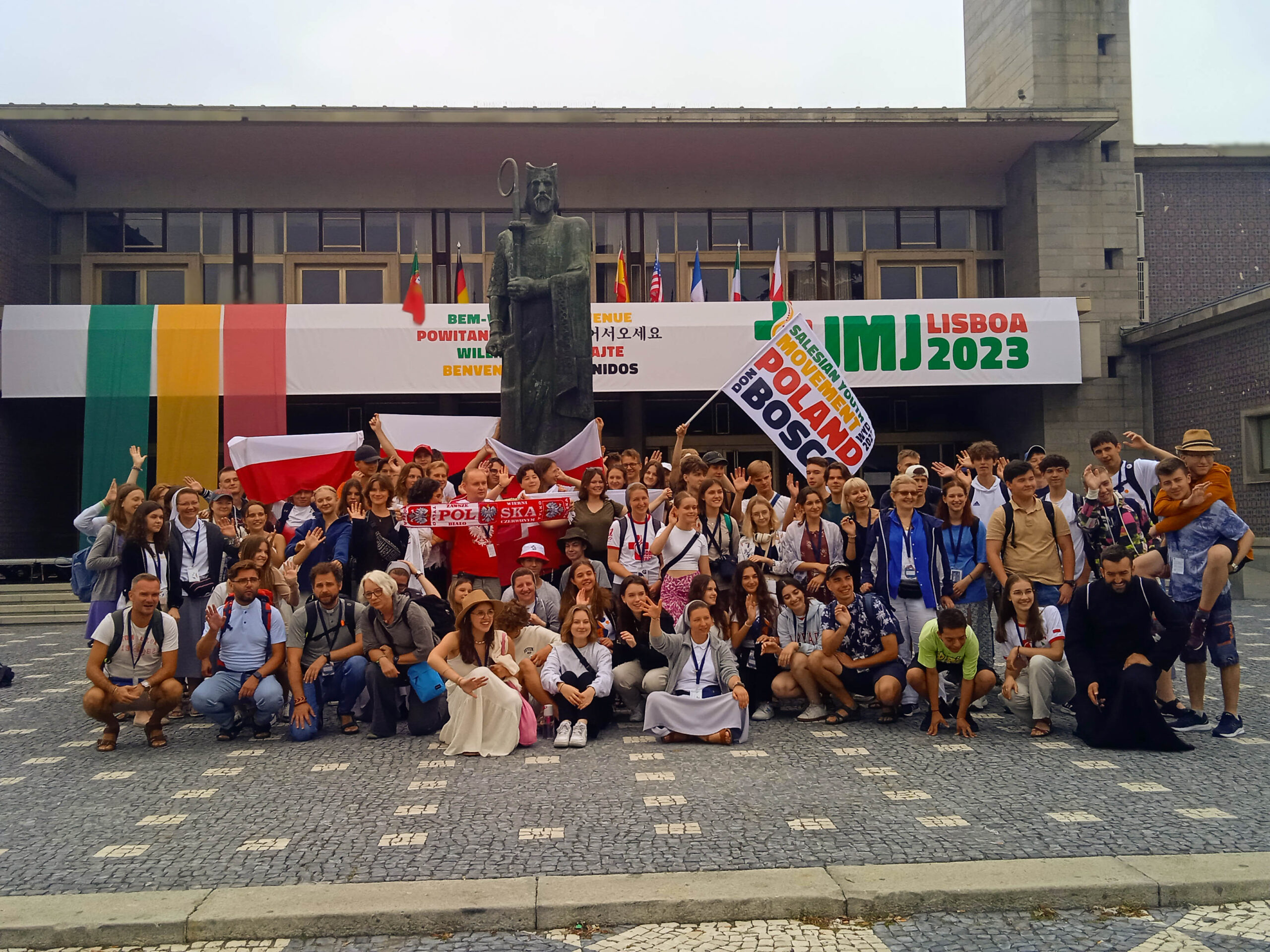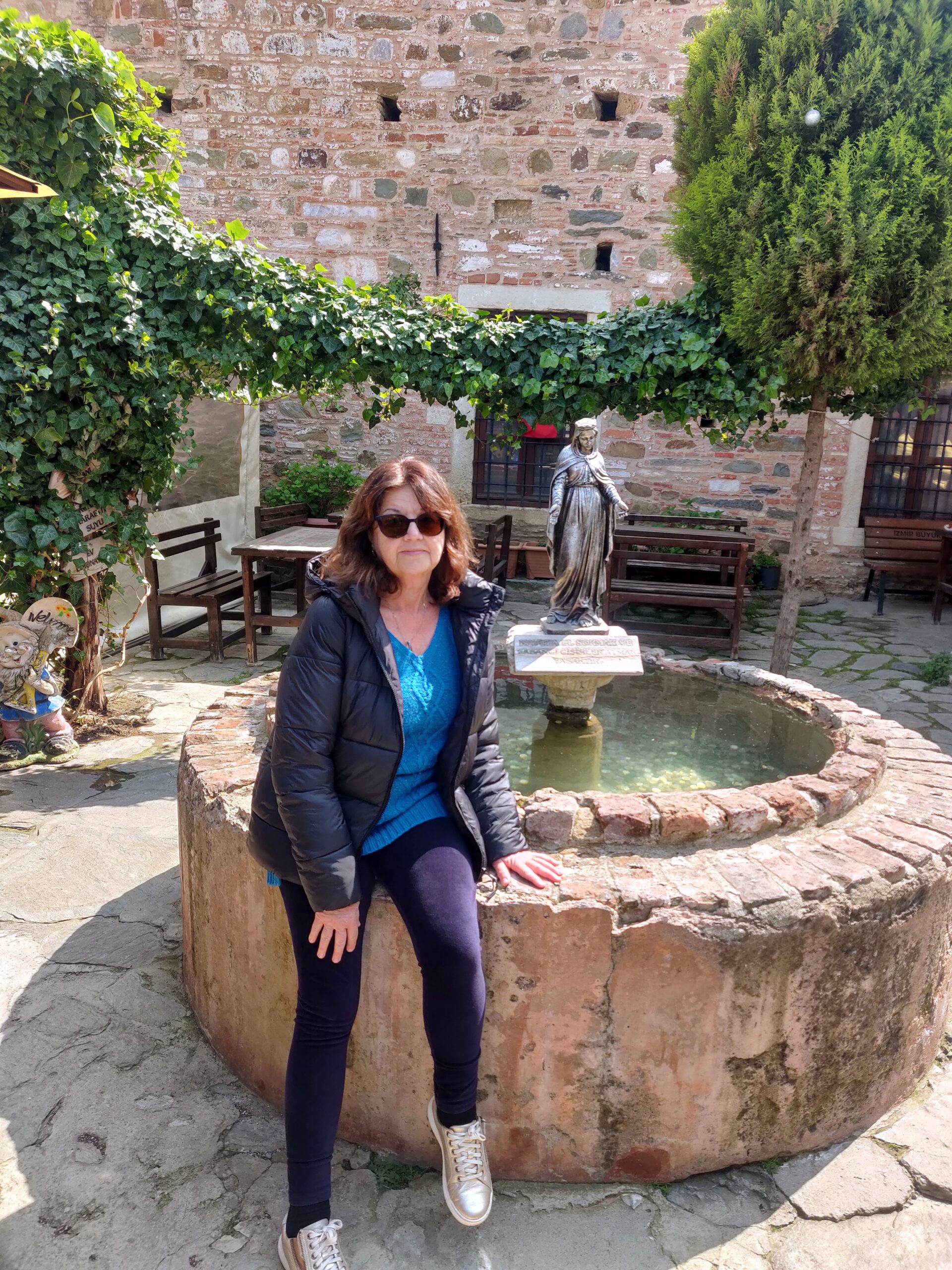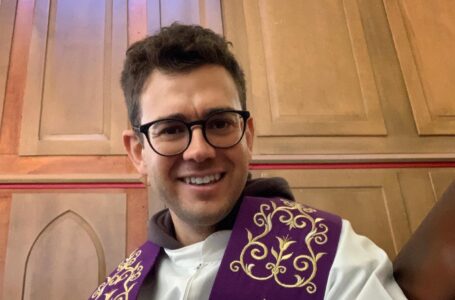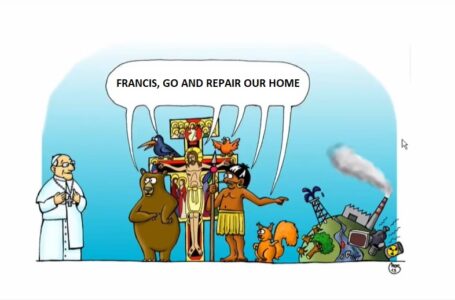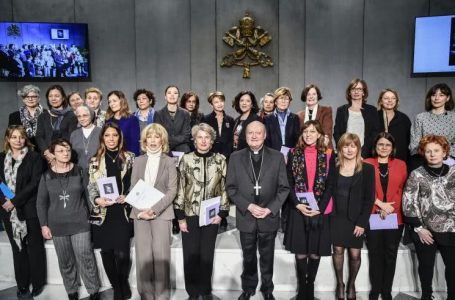Profound Quotes on the Wonder, the Love, and the Joy of Advent
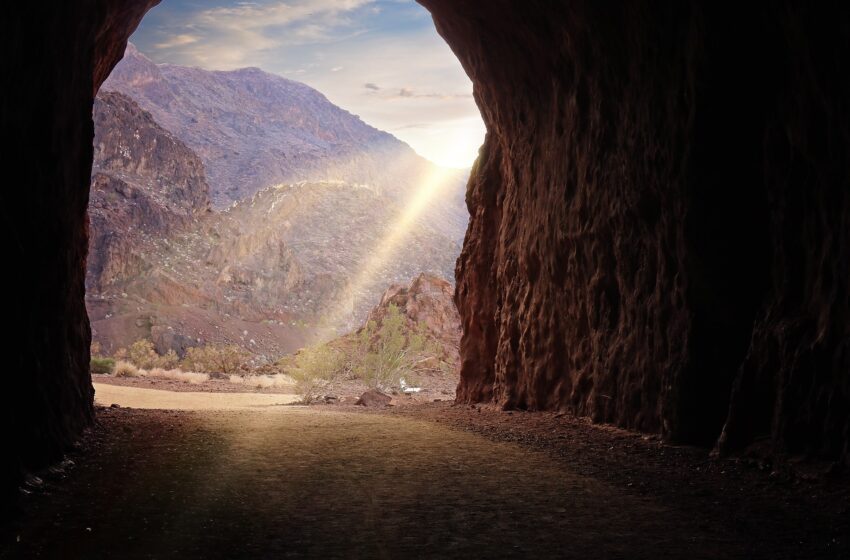
Advent is a Season that contains a tremendous depth of spiritual richness! If lived out properly, it can cultivate our wonder, lift our eyes to the gift that is all creation, compel us to see our desires as a pathway to divinity, soften our wounds, and finally, shed light upon the sanctity that each of us are called toward, a sanctity that we all, to some degree, already partake in!
- The Importance of Wonder
The 20th century poet T.S Eliot wrote, “the child wonders at the Christmas Tree … let him continue in the spirit of wonder … so that the reverence and the gaiety may not be forgotten in later experience, or in the bored habituation, the fatigue, the tedium, the awareness of death, the consciousness of failure, or the piety of the convert, … let him continue in the spirit of wonder, so that before the end, the accumulated memories of annual emotion, may be concentrated into a great joy … because the beginning shall remind us of the end, and the first coming of the second coming”.
T.S Eliot was aware of how cynical and oppressed the tragedies of the world can make us, but he was also aware of our longing for something more than this world. He knew that the earth reflects a beauty and a joy whose origins surpass it. Like children, therefore, let us allow ourselves to be in awe! Let us allow ourselves to marvel with a keen and sensitive heart. The rest will follow suit!
- As with all Christian celebrations, at its heart, Advent is a time in which God continues to give Himself to us! But on our part, as human beings, what does it take for us to fully and authentically ‘receive’?
Reflecting upon this, the German philosopher Joseph Pieper concludes that, “there can be no festivity when man, imagining himself self-sufficient, refuses to recognize that Goodness of things which goes far beyond any conceivable utility; it is the Goodness of reality taken as a whole which validates all other particular goods and which man himself can never produce nor simply translate into social or individual “welfare”. He truly receives it (God’s love and goodness) only when he accepts it as pure gift”.
Certain objects of this world cannot be made or seen as tools for us to simply use. Rather, they need to be appreciated for their own sake. In this, we can slowly discover that they are gifts given to us freely. This is what love does, after all. It gives freely. And it is only when we see creation as a free and pure gift given to us by God, that we can feel truly loved by God and understand what creation truly is.
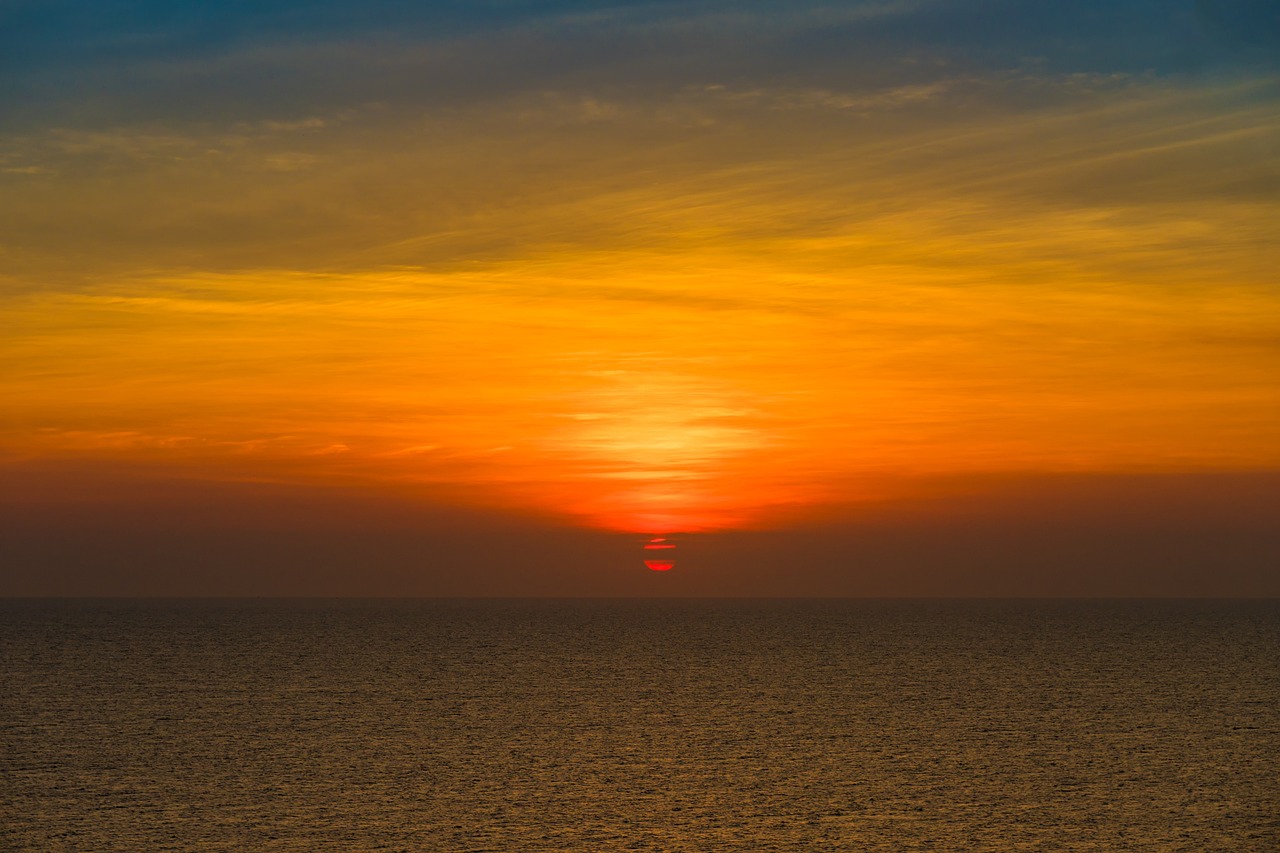
- Seeing desires as pathways to God
In the words of St Augustine, “the entire life of a good Christian is a holy desire. What you desire, however, you don’t yet see. But by desiring you are made large enough, so that, when there comes what you should see, you may be filled”.
Augustine reminds us that desires are signs that need to be prudently understood and interpreted. But desires are also bridges. In desiring beauty, we reach out to it. In desiring love, we seek it. This is all good, because God wants to us to be filled. And so, let us not tire to ask, to beg, to be open, to yearn! And in doing so, let us try to turn to God as well. Augustine knew too well that, ultimately, only God can fully and completely satisfy us.
- No wounds are too big for God
In one his poems St. Thomas More wrote, “Earth has no sorrow that heaven cannot heal”.
Advent is a space in which Heaven can continue to penetrate and cultivate the earth. The earth is not fully separate from heaven, the two are not completely distinct. Indeed, in fact, the glory of earth is realised when God (heaven itself) is made one with it! This all culminates in the God-man; in Jesus himself, in him, the heaven and the earth are one.
- We’re all, in our unique ways, a faint image of God
C.S Lewis, iconically known for crafting the Narnia book Series, noted that “we cannot conceive how the Divine Spirit dwelled within the created and human spirit of Jesus…. but what we can understand is that our own existence is a faint image of the Divine Incarnation itself… the same theme in a very minor key”.
We already harbour traces of God within us, and this can be discovered by us if we reflected deeply upon certain capacities and desires that we experience. Our nature, in its deepest core, longs for beauty, for love, for goodness, for truth – these are God’s fingerprints.
- Let yourself be perfected!
Finally, this Advent, with St. Theresa of Avila, let us express our humility and open our self to God’s healing grace. Time and again, St. Theresa prayed,
“I want to keep Advent in my soul, that is, a continual longing and waiting for this great Mystery wherein You, O Word, became flesh to show me the abyss of your redeeming sanctifying mercy….Come, O Lord, come! I too wish to run to You with love, but alas! My love is so limited, weak, and imperfect! Make it strong and generous; enable me to overcome myself, so that I can give myself entirely to You… What a consolation it will be, O Lord, at the moment of death to think that we shall be judged by Him whom we have loved above all things!”
Read more:
Astronomy and Faith – Universe of Faith
